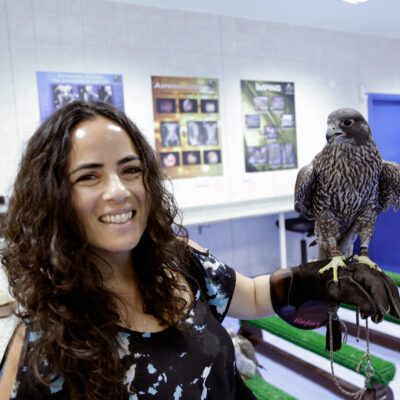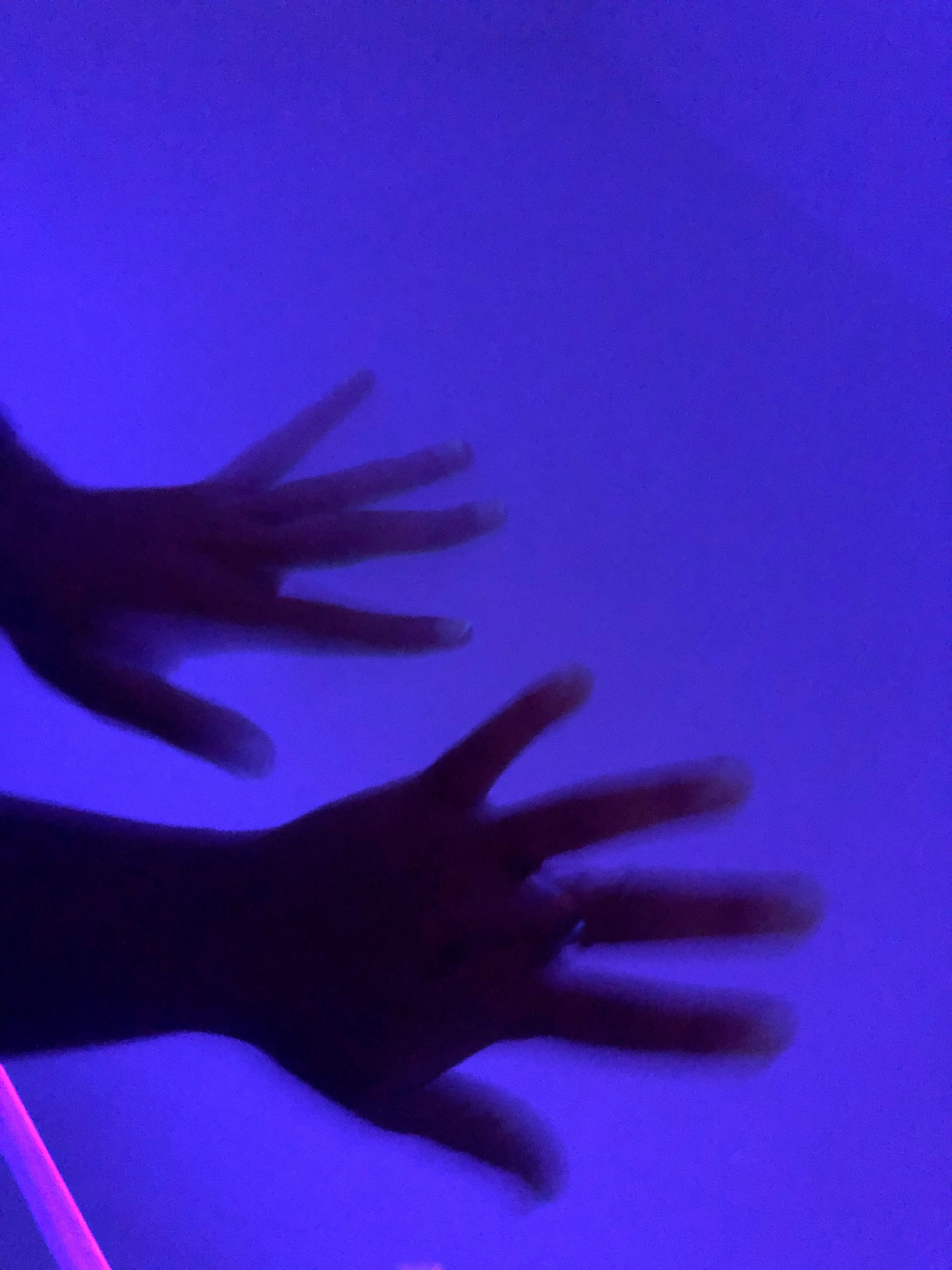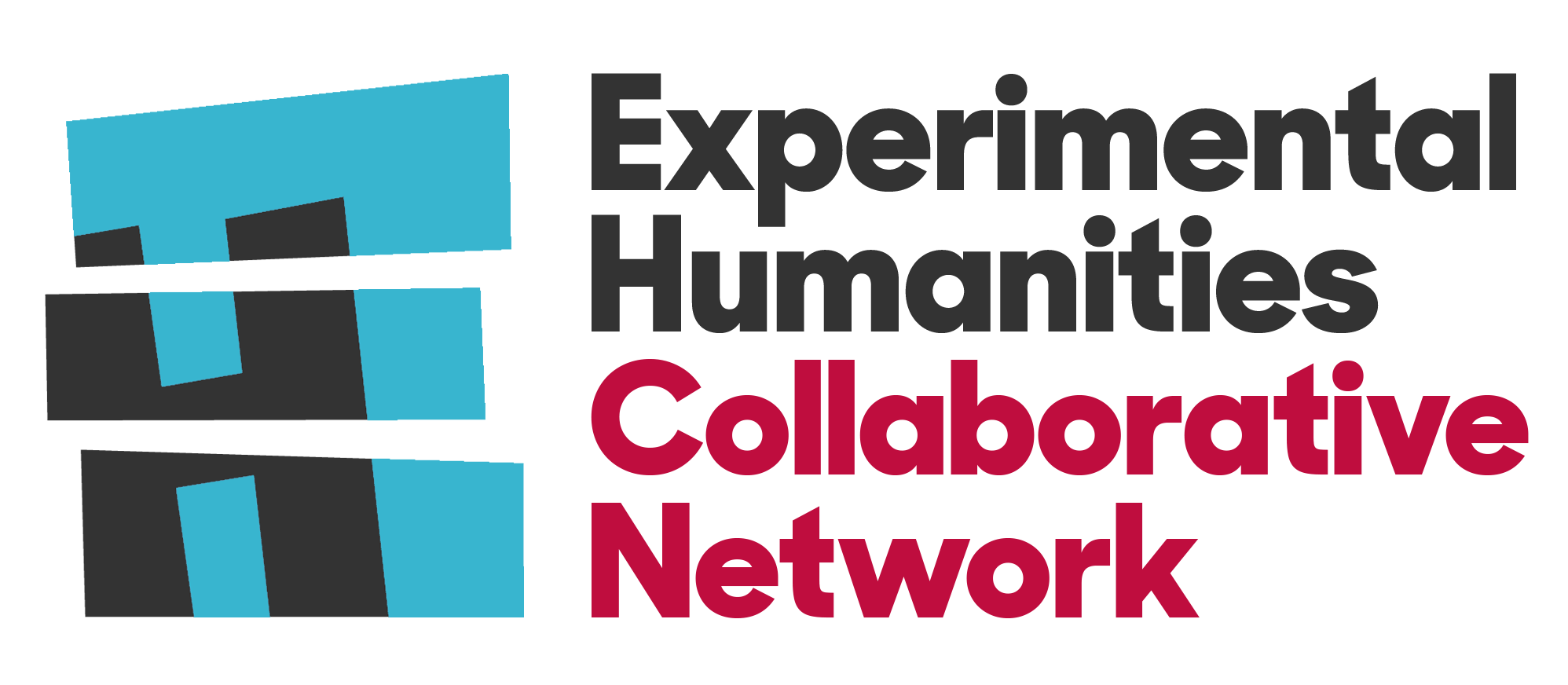Welcome to The Experimental Humanities Collaborative Network
Technology, Humanity & the Future
An OSUN Online Course taught by Bard College Annandale Krista Caballero is an interdisciplinary artist exploring issues of agency, survival, and environmental change in a more-than-human world. Moving freely between traditional and emerging media, her work explores the messy and often surprising encounters between human, ecological, and technological landscapes. In 2010 she created Mapping Meaning, an ongoing project that brings together artists, scientists, and scholars through experimental workshops, exhibitions, and transdisciplinary research. Caballero was selected as a 2017 Smithsonian Artist Research Fellow and is now a Smithsonian Research Associate working with the National Museum of Natural History researching the cultural implications of bird species decline. She has also been awarded residencies from organizations such as the Skowhegan School of Painting and Sculpture, ME; Pyramid Atlantic Art Center, MD; and Caldera Arts, OR. Her artwork has been presented nationally and internationally in exhibitions and festivals such as the International Symposium on Electronic Art (ISEA); the North American Ornithological Conference; “Paradoxes in Video” at Mohsen Gallery in Tehran; EXTREME. ENVIRONMENTS / RAY2018 Photo Triennale in Germany; Balance-Unbalance International Festival in Queensland, Australia; “A New We” at Kunsthall Trondheim in Norway; Foggy Bottom Outdoor Sculpture Biennial, Washington D.C.; and the Association for Computers and the Humanities. Caballero received her MFA from the School of the Museum of Fine Arts/Tufts University and is currently the Co-Director of the Center for Experimental Humanities (EH) and Artist in Residence at Bard College.Krista Caballero

In both theory and practice, this course is designed to explore the intersections of technology, justice, and creative practice. One of our central lines of inquiry will be: How might technology be utilized in ethical and just ways to (re)imagine our human cultural practices and resulting ecological impact? In approaching this question, we will consider ways that artists and community activists are pushing boundaries to both critically and creatively address the future of technology and issues relating to identity and privacy, data sovereignty and governance, e-waste and rare earth mining, deepfakes and AI. Theoretical texts from scholars such as Safiya Umoja Noble, Carolyn Marvin, Leo Marx, and Wendy Chun will ground our exploration alongside a series of guest lectures by a diverse group of artists, scholars and activists across the OSUN network. Through readings and discussions, this course will explore technology across historical periods and how past forms help shape our current moment. Students will also work intensively to develop creative projects that blur boundaries between physical and digital media, integrate field-based research in their local community, and experiment with interdisciplinary practices of making.


